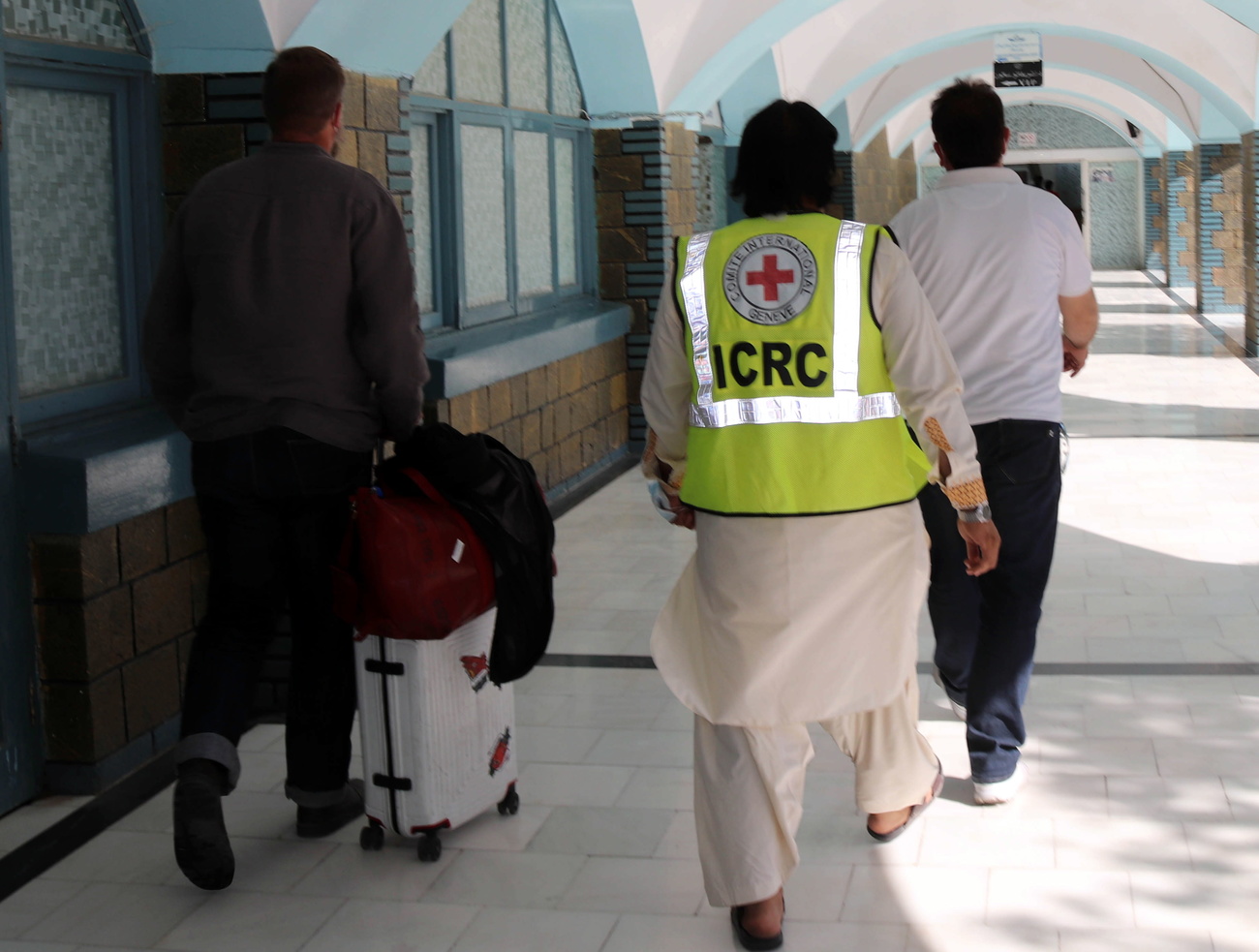
ICRC told it can carry on work in Afghanistan

Taliban leaders have assured the International Committee of the Red Cross that it can continue its humanitarian operations in Afghanistan, according to ICRC president Peter Maurer.
On Sunday, Maurer told the Le Matin Dimanche newspaper that he has been “well received” during a three-day visit to the war-torn country. Maurer met with Taliban officials, including the regime’s health minister, Mullah Abdul Ghani Baradar. “We’ll have to see how it evolves, but it was a good interview,” Maurer said.
Maurer said he was impressed with the Taliban’s professionalism in the field of healthcare. He visited ICRC sites in Kandahar and Lashkargah in addition to Kabul.
Many, but not all, Afghans Maurer spoke to told him that the situation is much safer than it was two months’ ago.
“The violence and insecurity that had lasted for many years seem to have come to an end,” Maurer said. “The people I spoke with felt both fear and relief.”
The Taliban have also agreed to allow female ICRC workers to carry on with their work in the country, Maurer said. “To a large extent, this principle is respected.”
The ICRC has maintained a dialogue with the Taliban for three decades, through several phases in Afghanistan’s recent history. The NGO intends to focus its activities on health, drinking water and assistance to the most vulnerable in the troubled country.

In compliance with the JTI standards
More: SWI swissinfo.ch certified by the Journalism Trust Initiative




























You can find an overview of ongoing debates with our journalists here . Please join us!
If you want to start a conversation about a topic raised in this article or want to report factual errors, email us at english@swissinfo.ch.